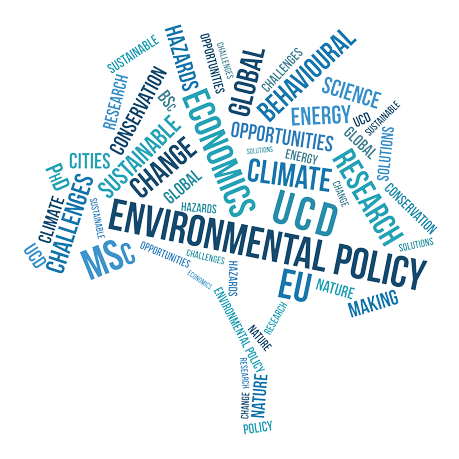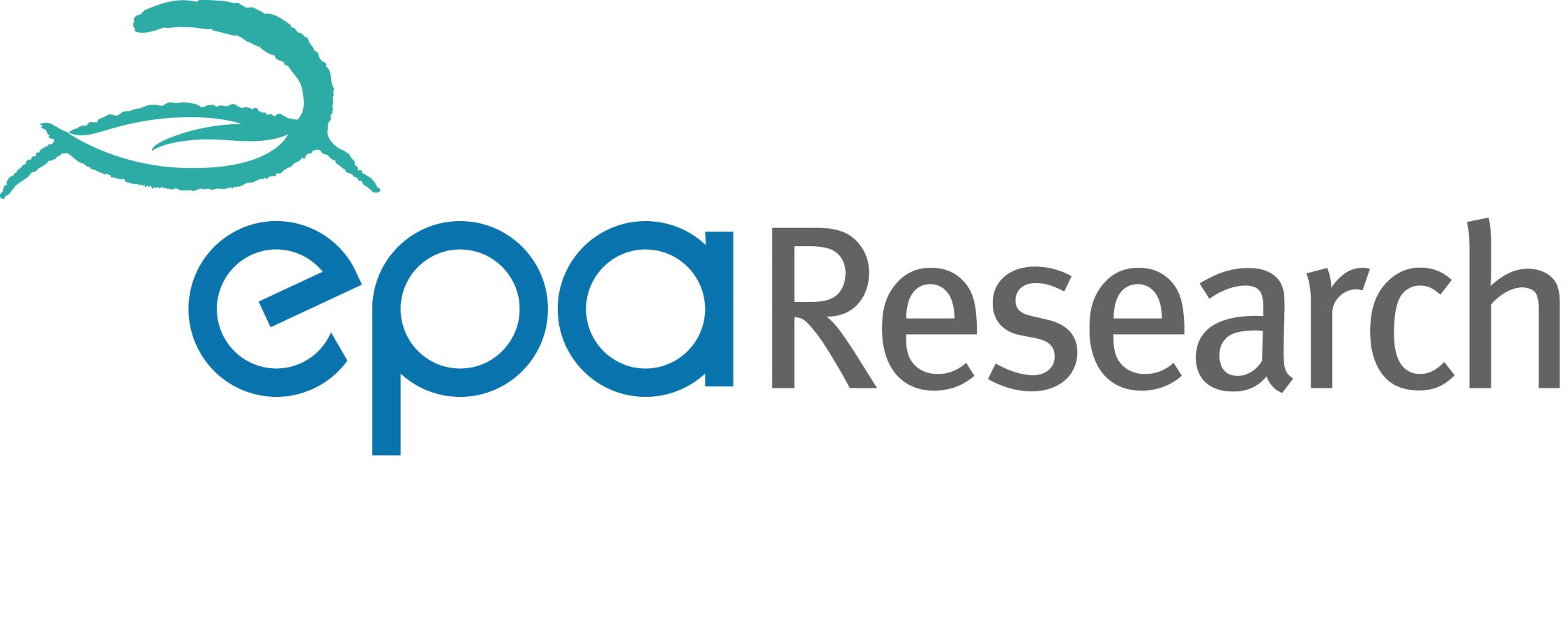

Assessing Administrative Burdens as Barriers to Implementation of Ireland’s Climate Action Plan (ABICAP)
The ABICAP project aimed to identify and reduce administrative burdens that prevent the implementation of actions described in the newest Irish Climate Action Plan.
Background
The Government of Ireland is currently at the early stages of implementation of the National Climate Action Plan. The EPA-funded ABICAP project aims to support the implementation of the measures outlined in the Climate Action Plan by identifying whether administrative burdens create unnecessary frictions in the system and are thus reasons for the gap between climate aspirations and climate actions.
While administrative requirements are often essential for program integrity, avoidance of environmental harm, accountability, and transparency, ABICAP focuses on instances where administrative burdens are unnecessarily high, where they are unjustly distributed, and on the reduction of unnecessary administrative burdens.
Primary Research Questions
- What are the unnecessary administrative burdens that impede the implementation of the policies described in Ireland’s 2021 Climate Action Plan?
- Who suffers more than others from these administrative burdens?
- How can these administrative burdens be reduced?
Project Team
- Dr Cara Augustenborg
- Glenn McNamara
- Professor Leonhard Lades
- Dr Lucie Martin
- Dr Margaret Samahita
- Patricia Lentz
Project Outcomes
- Living Literature Review that review the international evidence on best approaches to identify and, if necessary, reduce administrative burden in the context of environmental policy.
- Lentz, P., Augustenborg, C. and Lades, L. (2025) Administrative frictions in Ireland’s Shared Island Sports Club EV Charging Scheme. PublicPolicy.ie.
- Lentz, P., Augustenborg, C., Lades, L. and Martin, M. (2025) Improving engagement with Ireland’s solar schools scheme by reducing administrative frictions. PublicPolicy.ie.
- Lentz, P., Augustenborg, C. and Lades, L. (2024) “Reducing administrative frictions in Ireland’s afforestation scheme.” PublicPolicy.ie.
- Lades, L. & Martin, L. (2024) Interview Guide: Identifying “Sludge” in Climate Action. Hosted on the Open Science Framework. https://doi.org/10.17605/OSF.IO/32WTA.
- Lentz, P., Augustenborg, C.A. and Lades, L.K. (Under Review). Administrative Burdens as Barriers to Afforestation: A Sludge Audit of Ireland’s Afforestation Scheme.
- Lades, L.K., Samahita, M., Martin, L., Sunstein, C., and Baekgaard, M. Vulnerability to and Acceptability of Different Types of Sludge (Under Review).
- Lades, L.K., Lentz, P., Martin L., and Augustenborg, C. (Submitted). Does Sludge Slow Down the Solar Schools Scheme? An Assessment of Administrative Burdens Preventing Climate Action in Ireland.
- Martin, L. MacLennan, M., Koromilas, E., Galassi, A., Ledger, S. (Submitted). How to Reduce Sludge.

This project is funded under the EPA Research Programme 2021-2030. The EPA Research Programme is a Government of Ireland initiative funded by the Department of the Environment, Climate and Communications.
DISCLAIMER: Although every effort has been made to ensure the accuracy of the material contained on this website, complete accuracy cannot be guaranteed. Neither the Environmental Protection Agency nor the authors accept any responsibility whatsoever for loss or damage occasioned or claimed to have been occasioned, in part or in full, as a consequence of any person acting or refraining from acting, as a result of a matter contained on this website.
